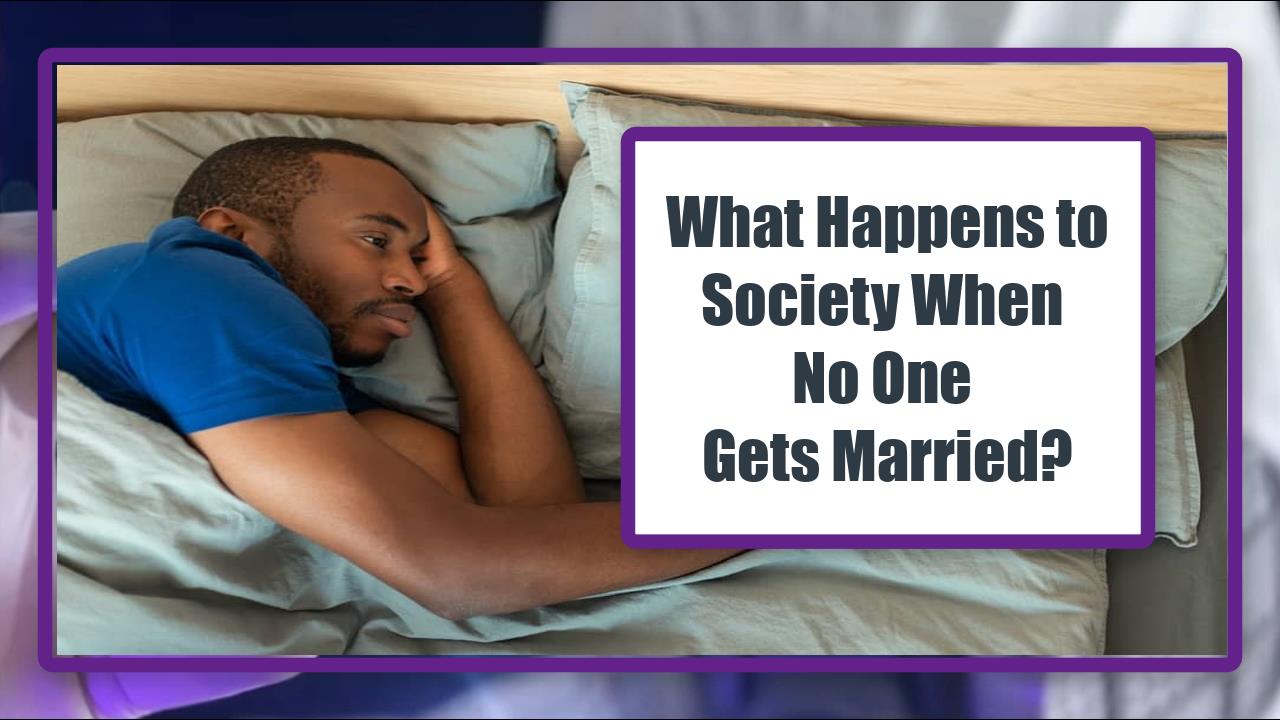Video:
Take our online poll:
AI Analysis:
When marriage becomes obsolete and no one chooses to enter into this traditional institution, society experiences significant transformations. Firstly, the concept of family and kinship undergoes a redefinition. With the decline of marriage, the nuclear family structure no longer remains the dominant social unit. Instead, alternative forms of living arrangements such as cohabitation, communal living, or extended family networks become more prevalent. The focus shifts from legal bonds to personal connections and chosen relationships, leading to greater flexibility in defining and creating familial ties.
Secondly, the economic landscape experiences notable changes. The decline in marriage rates affects industries related to weddings, such as event planning, bridal fashion, and the wedding venue market. Simultaneously, new sectors may emerge to cater to the needs of unmarried individuals, such as housing designed for single occupants or tailored financial services for single households. Additionally, without the traditional framework of marriage, the division of labor within households may be reshaped, with both genders sharing responsibilities equally or relying more on external assistance for domestic tasks.
Lastly, the absence of marriage as a societal norm impacts social norms, expectations, and cultural practices. Without the institution of marriage, the stigmas and pressures associated with being single or unmarried begin to fade away. This shift promotes individual freedom and choice in matters of relationships and partnerships. Society might also witness an increased emphasis on personal fulfillment, self-actualization, and pursuing individual goals and ambitions rather than conforming to societal expectations of marriage and family. As a result, societal attitudes towards relationships, sexuality, and gender roles are likely to undergo significant transformations, leading to a more diverse and inclusive society.
References:


Comments